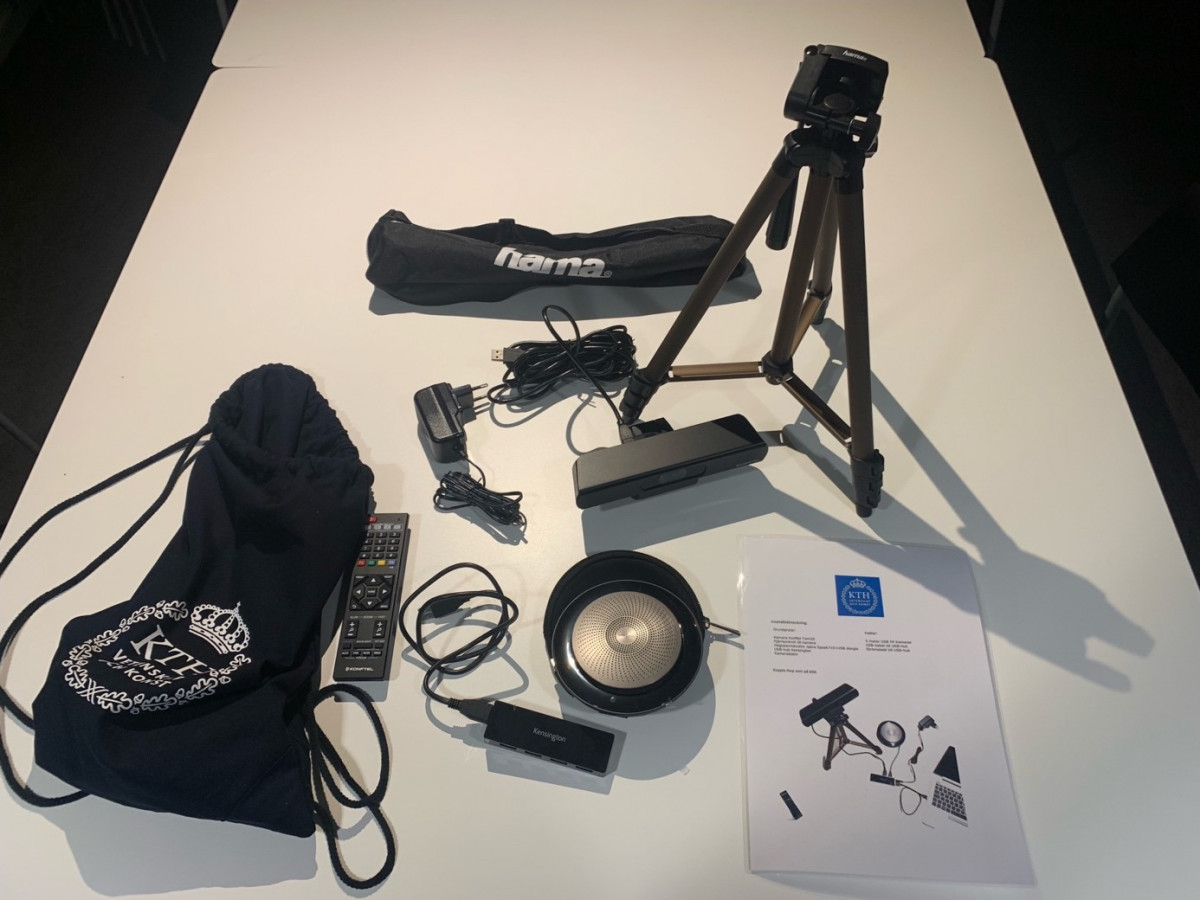
In English further down. Stort och smått inom utbildning Egentligen är det dags för mig att blogga om utbildningsrelaterade frågor men som medmänniska är det svårt att inte säga något om det ofattbara krig som pågår i Ukraina. Vi fick information av KTH:s rektor att inga av våra studenter befinner sig i där, men oavsett … Continue reading “Big and small about education”

In English further down. Tankar om framtidens utbildning Utbildning i förändring Idag är det måndag den vecka då begränsningarna för antalet deltagare vid olika tillställningar och event tas bort, vilket medför en hel del förändringar för vår undervisning – igen. Själv har jag undervisat i hybridformat både under vårterminen och ännu mer sedan höstterminens start … Continue reading “Thoughts about the future education”
A new examination idea Many teachers at the ITM School often think of new ideas on how to examine the required knowledge in a course, and I am one of them. I wish to share some recent experiences. Together with my colleague Assistant Professor Björn Glaser we teach in the course Advanced Process Science. The … Continue reading “Testing new ways of examining knowledge in the master program”
In the academic world all researchers work hard to discover new findings, which will lead to great improvements in the scientific world. The leadership at universities monitors the success of groups/department with respect to the research quality. At KTH, this has been done at research evaluations (RAE) in 2008 and 2012. It is not exactly … Continue reading “Evaluation of research quality”


